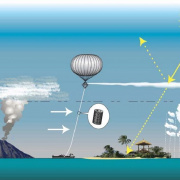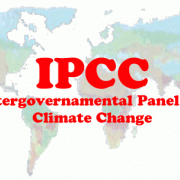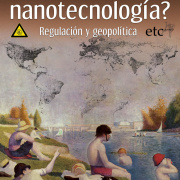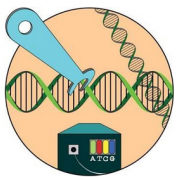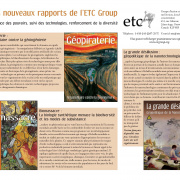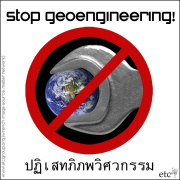ETC Group calls on UK government to halt Geoengineering Experiment
Submitted by ETC Staff on
In response to reports that British scientists are about to test the hardware needed to put sulphur particles in the stratosphere as a climate technofix, international technology watchdog ETC Group is calling on the UK government to halt the controversial test and respect UN processes underway to discuss these issues.

